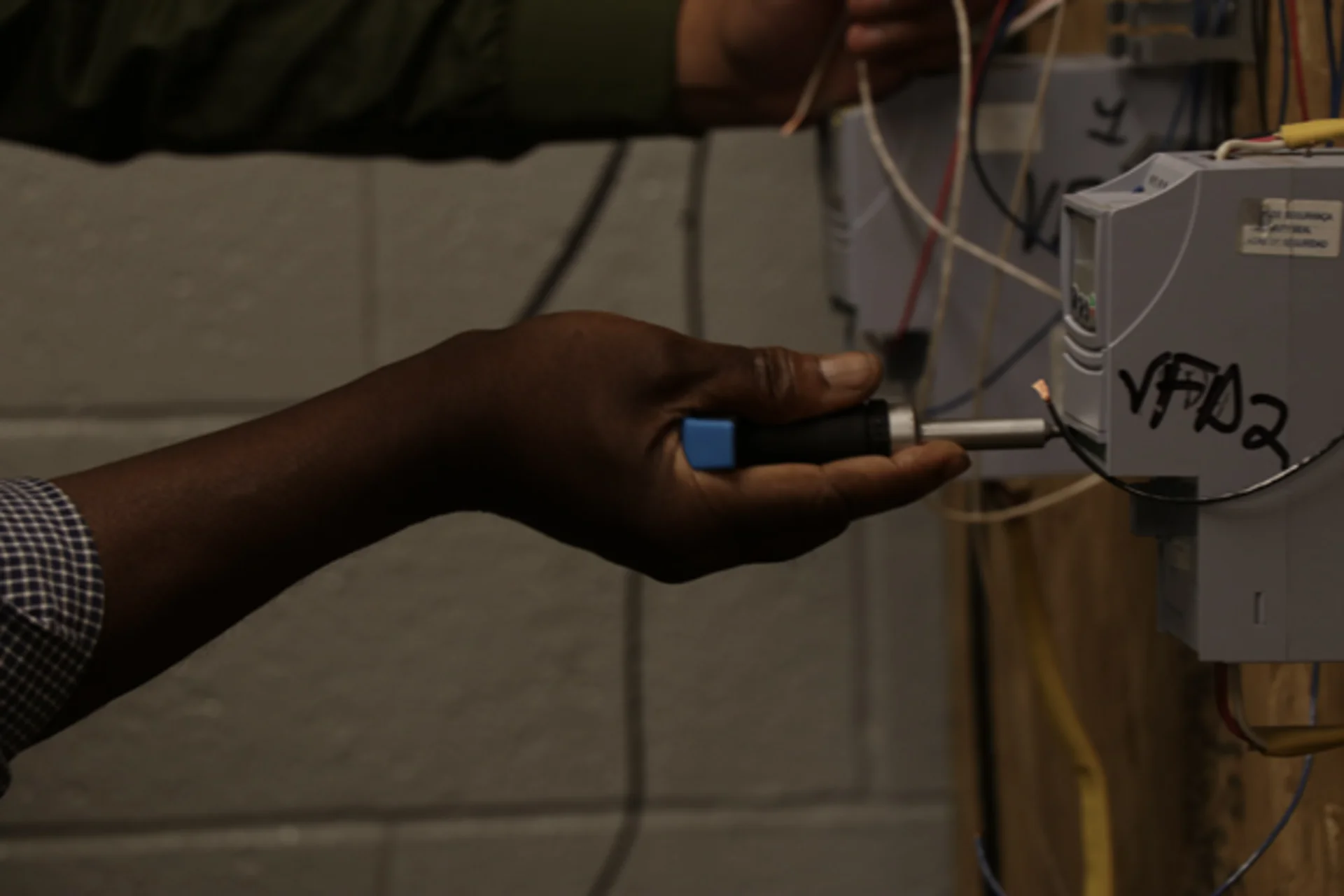You are not alone when you have typed in electrician certification near me on a search engine. Several thousand people interested in trades consider this high-demand profession in many U.S. states. A professional electrician can achieve economic stability, career development, and employment persistence. However, what is the actual time consumed in getting certified? That road is structured yet attainable, from signing up and attending an electrician training program to clocking your apprentice hours to passing your licensing exams. When you need to find skilled trade schools near me or a route of on-the-job education, here is what you can anticipate in your journey toward becoming licensed.
The initial process of becoming a licensed electrician involves determining the basic requirements of training and certification, which differ by state. A distinctive training course will prepare you for the job practically and in a classroom setting.

Your experience will take you through the gradations of apprentice, journeyman and finally a master electrician.
In most states, classroom training requires 1000 hours of classroom training and 1000 hours of supervised practical work.
An electrician’s apprenticeship training period is 4 to 5 years and requires 8,000 to 10,000 hours of on-the-job and classroom training.
Most electrician training programs last 9 months to 2 years, full-time or part-time.
All these states have varying boards, testing requirements, and authorised training formats; thus, always check your local licensing board.
All certified electricians are apprentices. Your training at this level will include lectures and practical experience in the field under the guidance of experienced workers.
Here’s how the process typically unfolds.

Most states require 4-5 years of apprenticeship before you qualify for a licensing exam.
In a typical five-year program, apprentices usually receive paid on-the-job training for around 2,000 hours per year and around 144 hours of classroom time per year.
Once you complete the apprenticeship, you must take an assessment to assess your understanding of safety codes, circuitry, local regulations, etc.
To advance to the next level of licensing, you will also be required to document all the required working hours, which means that recordkeeping is essential 43% of registered electrician apprentices fail to complete their program, and apprenticeship cancellation among electricians is around 43%.
Some programs labelled as training for electricians offer condensed bootcamp options that prepare you for work in as little as 6–9 months.
Many aspiring electricians ask whether it’s possible to speed up the certification process or go straight into hands-on work. These frequently asked questions clarify the different paths available today.

Yes, starting in most states under a workable program as an apprentice with no formal schooling is possible, but a trade school can enhance the success of placing you.
Yes, it mostly meets the state licensing boards’ requirements, including the mandatory amount of classroom time and, in some cases, field time.
Some electrical technician training includes online modules because classroom training can often be provided online, but practical training must still be provided in person.
Most apprentices begin to earn 3-6 months into the training, depending on the employer’s needs and the program design.
It does not take only one day to be a licensed electrician, but it is a journey that has already been charted and is worth getting through. Many of us start pursuing a career combining professional competency with a long-term earning potential as soon as we start searching for the electrician certification near me. Whether you attend a structured electrician training program or go the route of the accelerated method in a skilled trade school near me, you will reach the actual certification in a structured manner, which gives you a return rate of 100 per cent in the trades-a safe future.
Read More :